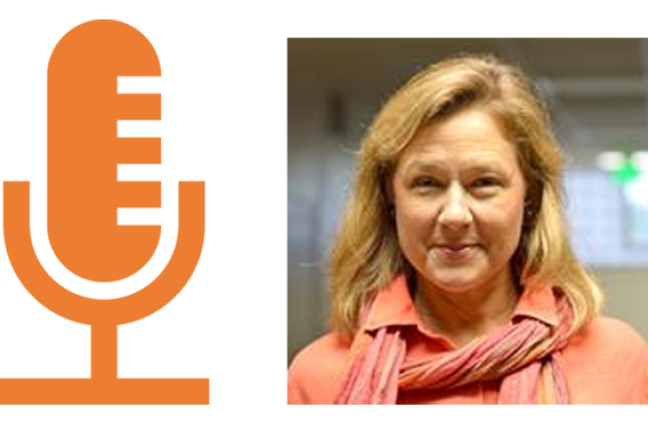Julie Rogers Bascom is a service-learning leader from Minneapolis, MN who has been supporting youth workers, teachers and young people to use service-learning as a strategy to solve problems in their communities for over 17 years. Her passion for supporting young people to become problem solvers formed when her own children attended an Oakland, CA school where every student, every year was engaged in service-learning. Julie also serves on non-profit boards that encourage civic engagement: the League of Women Voters and Doing Good Together, an effort to empower families to raise caring and engaged children. She also coaches and leads workshops on Respectful Conversations in Schools, a protocol designed for teachers and students to address controversial topics. Rogers Bascom has presented at local and national workshops on how to incorporate service into curriculum and community.
The following questions and answers are excerpts from my interview with Julie.
What does service-learning mean to you?
I think of service-learning as a strategy that teachers and youth workers and students use to reach hoped for outcomes - like academic learning, character and life skills - by solving community problems. It's a process, not a project. Community service and service projects are good and important work, but service-learning supports a young person's growth and development through identifying needs, understanding those needs, and then taking action based on that knowledge.
Why is it important for today’s students to engage in service-learning?
Young people amaze me!! They are growing up in a world that is happening at such a fast pace - all the information that they have access to is crazy. I see young people being able to use this knowledge to devise solutions for some of the concerns we've had for generation. Take hunger - we know that the things we've tried to date haven't solved this issue. I'm confident the next generation of problems solvers will do a better job.
How have you seen service-learning change the way students learn?
When young people can see the relevance in learning, they become engaged. This engagement leads to taking action - personal action like creating awareness, providing direct or indirect service or advocating around an issue important to them. This is one of the primary purposes of public education - to create an informed and active citizenry. Service-learning helps young people practice and grow life long skills.
What skills does service-learning help students to build?
Where to start - - at NYLC, we start our service-learning process with "what are our hoped for outcomes for youth?" When aligned to content standards, service-learning offers a way for teachers to connect real life scenarios with their lessons and teaching plans. In addition, woven into a solid service-learning experience, students can develop 21st century skills - using collaboration with others, developing creative ideas and responses to problems, tapping into critical thinking processes. Also, service-learning can support social-emotional learning, like self and social awareness.
What is your favorite service-learning story?
I don't know about a specific story - but what keeps me in this work is when young people realize that their voice matters - that they can and do make a difference. It's those moments when I remember my hope for the future - it's the young people.
Let us assist in planning your next immersion experience and help make it accessible to all of your students! We have many destination options for Language Immersion programs worldwide. Necessary traveler protections for teachers and students are already integrated into our programs too! Contact us today!

